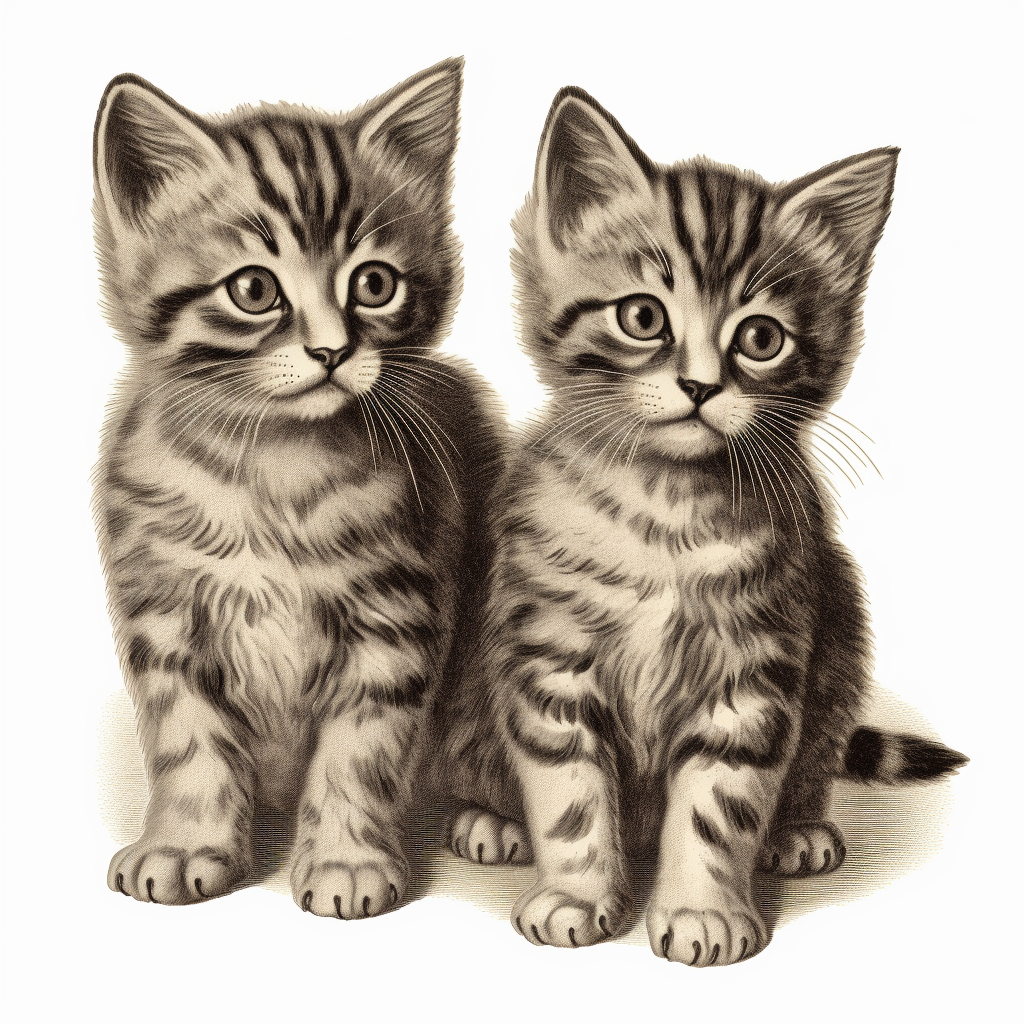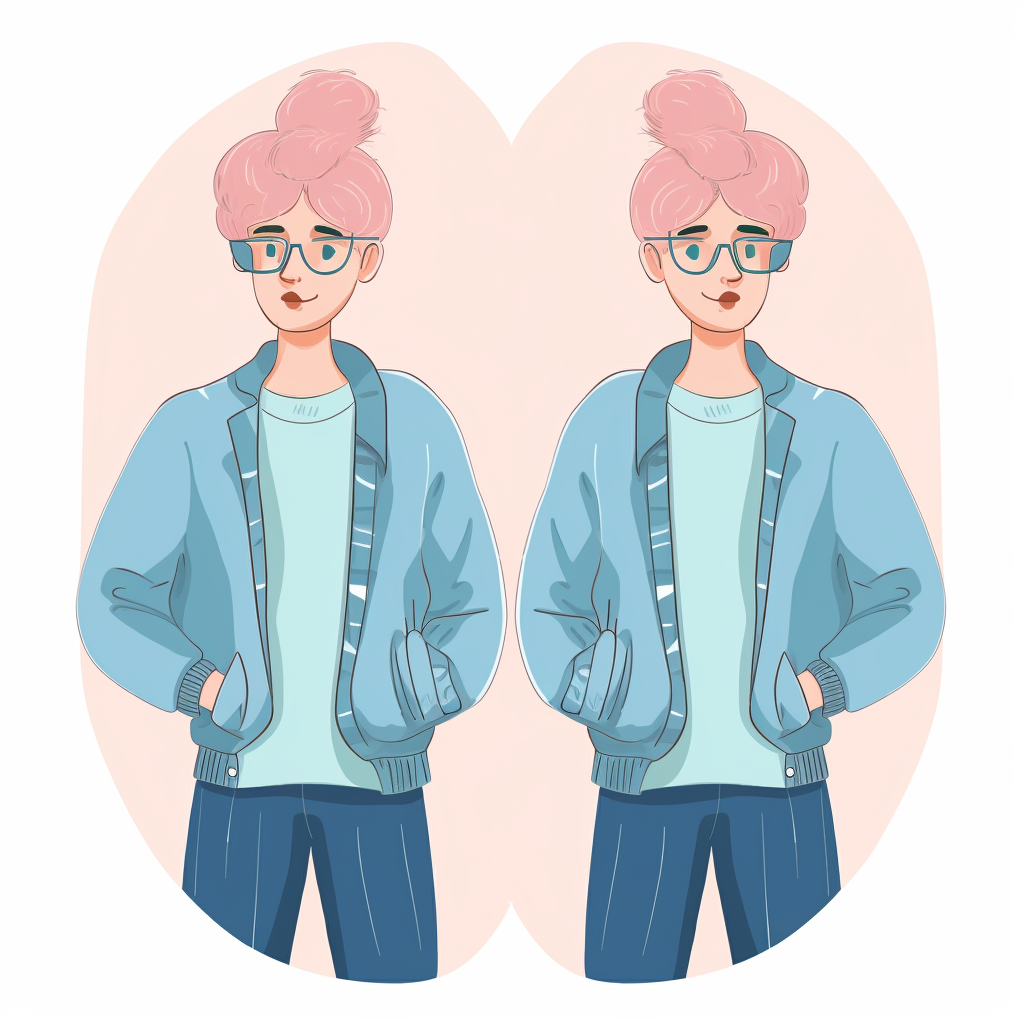Alike
Definition
Alike is an adjective and adverb that means similar in appearance, nature, or characteristics. When used as an adverb, it refers to actions or conditions that occur in the same or a similar way.
Parts of Speech
- Adjective
- Adverb
Pronunciation
American English
- IPA Pronunciation: /əˈlaɪk/
- Respelling: uh-LAHYK
British English
- IPA Pronunciation: /əˈlaɪk/
- Respelling: uh-LAHYK
The pronunciation of "alike" is the same in both American and British English, with slight variations in accent.
Etymology
The word "alike" originates from Middle English, derived from the Old English phrase "on līc," where "on" means "in" and "līc" means "form" or "appearance." It has been used in English since the late 14th century to denote similarity.
Derivatives
- Likewise (adverb)
- Alikeness (noun)
- Similarity (noun)
Synonyms
- Similar
- Comparable
- Resembling
Antonyms
- Different
- Dissimilar
- Unalike
Usage
The word "alike" is often used to compare similarities between people, objects, or actions. For example, "The twins look very alike," or "They think alike on many issues." It emphasizes likeness or resemblance in appearance, opinion, or manner.
Related Terms
- Similarity: The state of being alike or resembling another.
- Analogy: A comparison that shows how two things are alike in some way.
- Resemblance: The state or quality of being similar, especially in appearance.
Detailed Definitions
Adjective
- Having a resemblance or similarity: Describes objects, people, or characteristics that are similar to each other.
- Example: "The two brothers are quite alike in appearance."
Adverb
- In a similar way: Describes actions, thoughts, or reactions that occur in the same or a similar manner.
- Example: "They think alike on most topics."
alike



🇨🇳 Mandarin
- 相似 (xiāngsì) - similar, alike
- IPA Pronunciation: /ɕi̯ɑ̌ŋsɹ̩̀/
- English Respelling: syahng-ssuh
🇮🇳 Hindi
- समान (samān) - similar, alike
- IPA Pronunciation: /səmaːn/
- English Respelling: suh-mahn
🇪🇸 Spanish
- semejante - similar, alike
- IPA Pronunciation: /semeˈxante/
- English Respelling: seh-meh-hahn-teh
🇫🇷 French
- semblable - similar, alike
- IPA Pronunciation: /sɑ̃blabl/
- English Respelling: sahn-blahbl
🇸🇦 Modern Standard Arabic
- مشابه (mushābih) - similar, alike
- IPA Pronunciation: /muˈʃaːbih/
- English Respelling: moo-shaa-beeh
🇧🇩 Bengali
- অনুরূপ (ônurūp) - similar, alike
- IPA Pronunciation: /ɔnurup/
- English Respelling: aw-noo-roop
🇷🇺 Russian
- похожий (pokhozhiy) - similar, alike
- IPA Pronunciation: /pɐˈxoʂɨj/
- English Respelling: puh-khoh-zhee
🇵🇹 Portuguese
- semelhante - similar, alike
- IPA Pronunciation: /sẽˈʎɐ̃tʃi/
- English Respelling: sehn-lyahn-chee
🇮🇩 Indonesian
- serupa - similar, alike
- IPA Pronunciation: /səˈrupa/
- English Respelling: suh-roo-pah
🇩🇪 German
- ähnlich - similar, alike
- IPA Pronunciation: /ˈeːnlɪç/
- English Respelling: ayn-lish
🇯🇵 Japanese
- 似ている (にている, niteiru) - similar, alike
- IPA Pronunciation: /niteːru/
- English Respelling: nee-tay-roo
🇻🇳 Vietnamese
- giống nhau - similar, alike
- IPA Pronunciation: /ɣiəŋ˧˩˧.ɲaw˨˩/
- English Respelling: yung-now
🇰🇷 Korean
- 비슷하다 (biseushada) - similar, alike
- IPA Pronunciation: /piːsɯt̚ada/
- English Respelling: bee-seut-hah-dah
🇹🇷 Turkish
- benzer - similar, alike
- IPA Pronunciation: /benˈzeɾ/
- English Respelling: behn-zer
🇵🇰 Urdu
- ہم شکل (ham shakal) - similar, alike
- IPA Pronunciation: /hʌm ʃəkʌl/
- English Respelling: hum-shuh-kul





